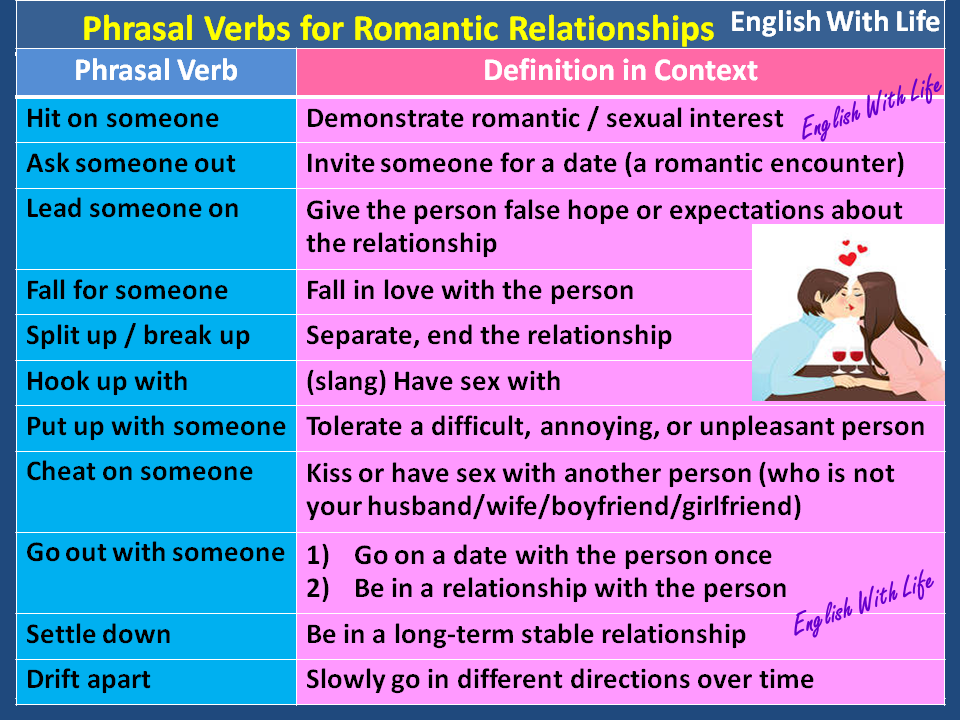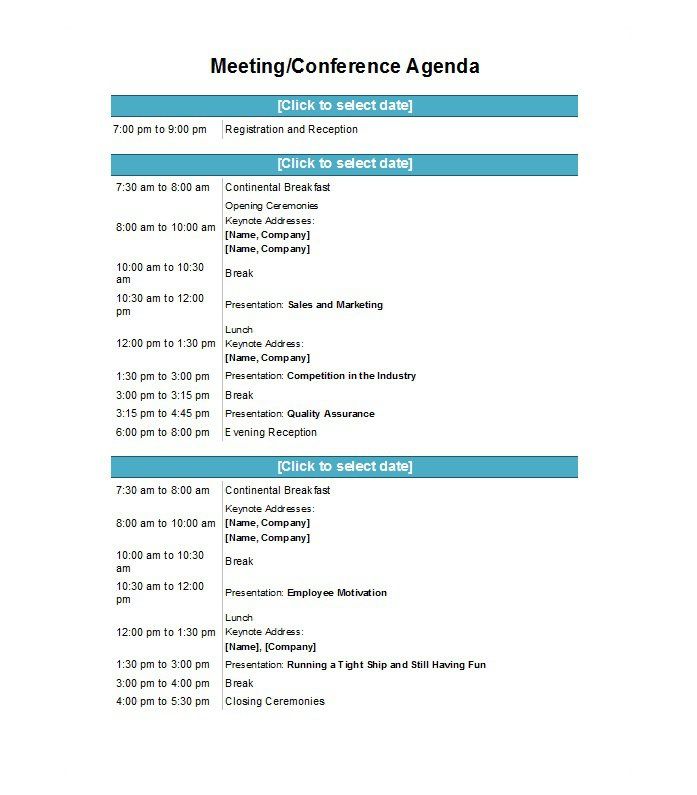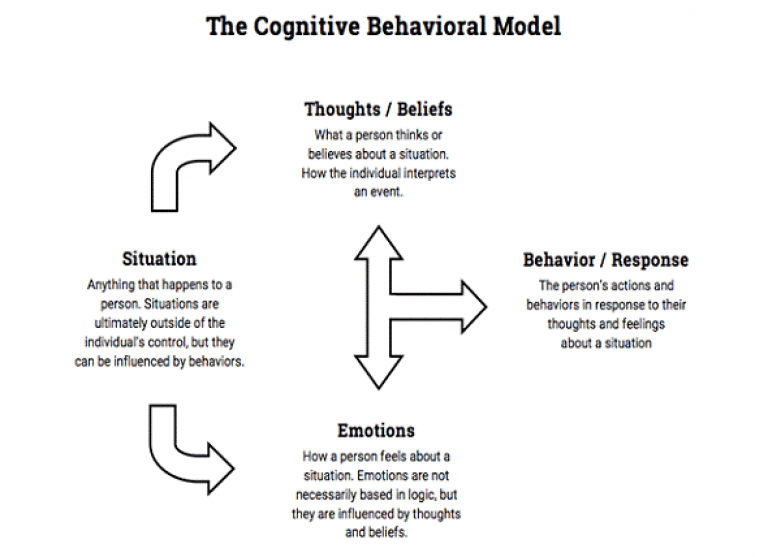How to deal with infidelity
How to repair your relationship after someone cheats
When Elle Grant's husband started spending a lot of time at work with his female associate, she wasn't immediately suspicious. "It had never worried me because he didn't like her," says Grant. "She was unattractive, difficult at work. But something kept nagging at my brain."
Grant finally confronted her husband about her gut feeling that something was off. Slowly, the truth began to come out. "He admitted a little, then, over the next days and weeks, he admitted more. I was shocked and devastated."
Despite the affair, the couple stayed together and are currently closing in on their 23rd wedding anniversary. But for many couples, infidelity is the nail in the coffin. A study conducted by the Austin Institute found that unfaithfulness in a marriage accounted for around 37 percent of divorces in the U.S.
It's not an easy thing to heal from — but according to marriage and family therapist Amanda D. Mahoney, patients who find success staying together after someone cheats have one main thing in common: "There's a willingness to process the potential symptoms that may have contributed to the affair versus focusing solely on the act of the affair itself," she explains.
That's not to be confused with justifying the decision to cheat by pointing to issues in the relationship as excuses. But if you're able to get real with your partner on what hasn't been working — without playing the blame game — it's a good sign that your relationship has the potential to be repaired.
In fact, it may not simply be repaired, but you may come out even stronger than before if you handle it the right way.
“If you and your partner are coming together after the fact and you do want to work this out and stay together, it can be one of the more important catalysts for growth in a couple relationship that’s out there,” says Jen Elmquist, relationship specialist and co-host of Evine After Dark.
For Grant, an author and journalist living in Toronto, packing up and leaving wasn't immediately in the cards. "I had three young children and didn't want to do anything to disrupt their lives if I wasn't absolutely sure I wanted out of the marriage," she says. Instead, she focused on her own healing with the help of a therapist, while her husband spent time in therapy separately.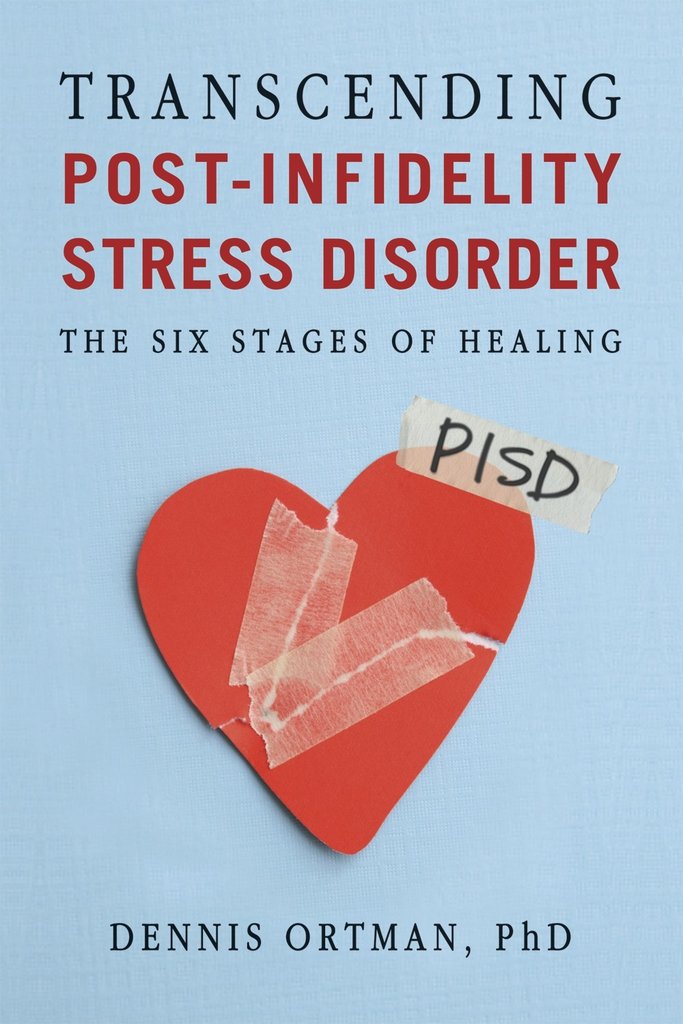
How to Move Forward when someone cheats
If both you and your partner want to take the necessary steps to heal from an affair, it can be done, but it's going to be a long road. Here are a few important actions to take together that can help repair your relationship.
Make sure there is remorse“There needs to be an adequate level of remorse. So if you’re the partner that has cheated, you really do have to feel deeply sorry. It can’t be something that can in any way come off nonchalant. There has to be deep sense of regret and remorse for what happened,” says Elmquist. “And if your partner has cheated on you and you’re not feeling that remorse from them, that’s going to be something you’re going to want to look for as the starting point for you to get back on the same track.”
Be honest about why it happenedThis is the hardest step and will largely dictate whether or not you'll both be able to move forward. "People can make poor choices at times," says Mahoney. "The question then becomes: does that poor choice and/or symptom(s) now have to dictate the future of a relationship? The answer largely depends on the motivating factors behind the affair." Underlying unmet needs in the relationship, poor communication, attachment difficulties and antiquated gender roles can all be impetus for an affair — ones that Mahoney has helped couples work through in her practice.
"The question then becomes: does that poor choice and/or symptom(s) now have to dictate the future of a relationship? The answer largely depends on the motivating factors behind the affair." Underlying unmet needs in the relationship, poor communication, attachment difficulties and antiquated gender roles can all be impetus for an affair — ones that Mahoney has helped couples work through in her practice.
“Infidelity is very complex, there’s a lot of depth and complexity to why people might cheat and how you can find a way back to each other,” adds Elmquist, who says insight is curcial. "Why did this happen? Where was the breakdown? What was it in our relationship that ultimately caused us to have an open door for someone else to walk into it? Having that insight in your relationship is going to be important.”
But if the person who cheated isn't willing to be upfront about why it happened — or starts pointing blame, repairing things might not be possible. "[The reason] can’t be overly simplified, such as 'I’m a man' or 'it just happened,'" says marriage coach and author Lesli Doares. "The only way to rebuild trust is to be completely clear why it happened so when faced with a similar situation in the future, a different choice will be made."
"The only way to rebuild trust is to be completely clear why it happened so when faced with a similar situation in the future, a different choice will be made."
Grant's husband admitted he was a sex addict and sought out therapy on his own to work through it. "By the time I felt strong enough to leave, my husband had been in therapy for a couple of years and had done so much work to understand why he'd risked a family he loved for relationships that didn't really matter," says Grant. "I respected how hard he'd worked. He had done everything he could to support me as I healed."
Remove temptations to re-engage with the affairIf the affair is really, truly over, taking the physical steps to cut off contact with the person and set up boundaries is crucial to your partner's healing process. "Deleting contact information, blocking numbers and removing social media contacts will be essential," says Dr. Brandon Santan, a licensed marriage and relationship therapist practicing in Tennessee.
Because Grant's husband worked with the woman he cheated with, this was more complicated. "I do think 'no contact' is important, but sometimes it's impossible," she says. "In that case, there needs to be transparency about any interactions."
Move forward with brutal honesty and careBeing cheated on is damaging for a plethora of reasons, but one big factor that needs to be addressed in order to move past it is lack of honesty. "The lying is a huge part of the betrayal,' says Doares, which is why she encourages the person who cheated to be brutally honest about all the details of the affair to move forward — not just the ones that will hurt his or her partner the least. "The cheater has to be completely transparent and answer any and all questions," she says.
This level of transparency needs to continue for as long as it takes to build that trust back up again; something that Elle says was key to her healing process. "My husband gave up anything that made me uncomfortable (like going out with the boys after work). I had access to any/all electronics/emails, passwords etc. He told me where he was going and who he'd be with. Seems humiliating in the short term, but he understood that that was how he was going to rebuild trust," she says.
I had access to any/all electronics/emails, passwords etc. He told me where he was going and who he'd be with. Seems humiliating in the short term, but he understood that that was how he was going to rebuild trust," she says.
“You’re going to have to set other things aside for a while and you’re really going to have to pour into this relationship in order for it to have a fresh, strong, new foundation,” adds Elmquist.
Be selective about who you tellYour gut reaction might be to blast your partner's indiscretions across social media for all to see, which Travis McNulty, LMHC, practicing in Florida says is a common coping mechanism. "I’ve seen people in this position go to extreme lengths to hurt their spouse in a very public manner," he says. "Often this is done out of rage and with lack of clarity that usually makes the person who was cheated on look bad or crazy by how they react." It's healthy to talk to someone about what you're going through, especially to a therapist. But telling everyone in your inner circle can end up backfiring.
But telling everyone in your inner circle can end up backfiring.
"The more people that know about it, the more people are going to have their opinions based off of purely trying to protect you from getting hurt," McNulty explains. "This is the therapist’s worst nightmare because coalitions and allegiances amongst friends and family members really make moving forward difficult." Especially if you two do decide to work through this. "The person who was cheated on may be able to forgive and move on, but the family still holds an intense grudge that usually puts more pressure on an already vulnerable relationship that is trying to rebuild and move on," says McNulty.
Grant found support by creating a blog, The Betrayed Wives Club, to connect with others who were also victims of infidelity — a support system she says played a large part in her healing process. "I created my site because I was desperate for a community of women who knew what I was going through and who wouldn't judge," she says. Our culture lacks real understanding around how devastating infidelity is. It can be really painful to share your secret only to have someone respond, as a friend of mine did, 'Well, I wouldn't put up with it.'"
Our culture lacks real understanding around how devastating infidelity is. It can be really painful to share your secret only to have someone respond, as a friend of mine did, 'Well, I wouldn't put up with it.'"
After an affair, it can be hard to know what to do or even where to start. If the conversations you're having with your partner feel like they're not getting anywhere, consider working with a licensed therapist who can help guide the process. "The therapist's ability to be a neutral party in the conversation helps identify what underlying unmet needs can be recognized and processed within the couple’s relationship," Mahoney explains. "During this investigative stage of therapy, couples often have the ability to seek understanding, find compassion, have greater potential to problem solve and move forward."
I tell couples they are going to have to bury that first relationship and think about starting a brand new relationship with each other.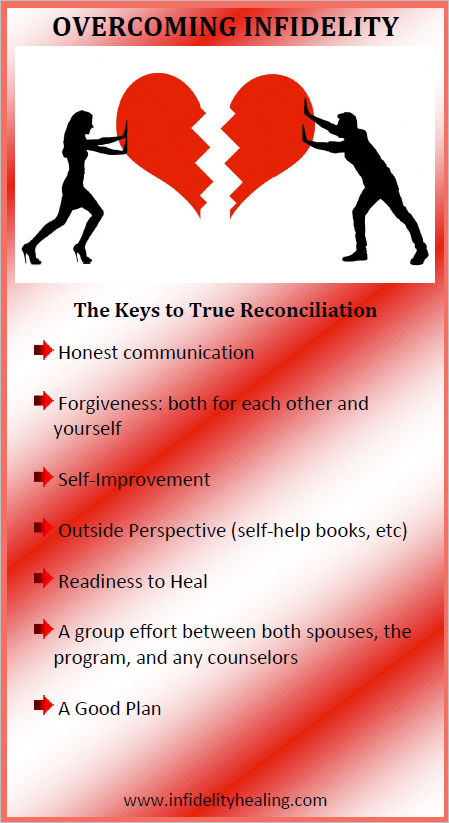
“Once you have that insight [on why someone cheated], how do you take the learnings from that and how do you put it into actionable change? Because the relationship is going to have to change,” says Elmquist. “I oftentimes tell couples they are going to have to bury that first relationship and think about starting a brand new relationship with each other. And in that new relationship you’re going to put in the same intensity you did in the beginning of your relationship all over again; that same intensity of learning about each other and caring for each other and being intentional with each other.”
Grant and her husband eventually sought couples counseling after they had each worked with separate therapists. "Our relationship is better in a lot of ways thanks to therapy," says Grant. "My husband has shown up for our life together in a way that he just didn't before. We have a lot of fun together, he's a much more hands-on father. Therapy helped him work through a lot of childhood grief, so that his own feelings are a lot more accessible to him. "
"
"If you’re truly wanting to move on and continue with life with your partner after infidelity and have a loving relationship, it is possible. I see it in my office every day," says McNulty.
MORE RELATIONSHIP ADVICE
- How to put the spark back in your marriage, according to a dating coach
- What is maintenance sex? It may help strengthen your marriage
- How thoughtful communication can improve your marriage, according to a divorce attorney
- Why this marriage counselor says a "good enough marriage" is one that lasts a lifetime
- How the simple act of holding hands brought this couple closer than ever
Want more tips like these? NBC News BETTER is obsessed with finding easier, healthier and smarter ways to live. Sign up for our newsletter and follow us on Facebook, Twitter and Instagram.
How to Deal with Infidelity
Most married couples see infidelity as something that will never affect them. It feels like an issue reserved only for celebrities and public figures. This is unfortunately not the case.
This is unfortunately not the case.
Around 25 percent of marriages (and 40 percent of unmarried relationships) face issues with infidelity, with the numbers increasing when also considering solely emotional affairs, or online infidelity.
So, how do you deal with infidelity? How do you both move forward after betrayal? How do you heal your relationship with your spouse?
An affair offers no painless escape. To rebuild the trust broken by an affair, it takes time and a commitment to change.
What is the difference between infidelity and adultery?
Infidelity, or cheating, is the act of being either emotionally or physically unfaithful to a spouse or partner, and breaking a commitment or promise during the act. Adultery is engaging in physical, sexual activity, and may be considered a criminal offense and grounds for divorce in certain places.
Take some time before reacting
Emotions of shock, anger and grief are common reactions to learning of a spouse’s infidelity. Working through these emotions takes time and effort, and it is important to give yourself space to collect all your thoughts and feelings. Try rehearsing in your mind what you will say so that you present yourself as assertive rather than aggressive – approaching it with anger will lead to rash decision-making. Practice emotional regulation tools such as mindfulness, self-regulation and seven-second breathing.
Working through these emotions takes time and effort, and it is important to give yourself space to collect all your thoughts and feelings. Try rehearsing in your mind what you will say so that you present yourself as assertive rather than aggressive – approaching it with anger will lead to rash decision-making. Practice emotional regulation tools such as mindfulness, self-regulation and seven-second breathing.
Total separation
The affair must be over. Total separation from the other person is the only way to end an affair. It is important for the spouse involved in the affair to be open and honest and tell the other that they are still committed to the marriage. Making a drastic break from a lover can be a very tough task, as they fulfilled some sort of need or desire. They must be told it is over, leaving no room for discussion. Without total separation, healthy marital recovery is impossible.
Accept responsibility
The cheating spouse must admit what happened and take full responsibility. They must be completely transparent, providing answers to any of the other’s questions. This will lead to conversations about what went wrong and what needs to change. However, it is best that the cheating spouse avoid giving every specific detail about their infidelity, as this often leads to hurt feelings rather than restoration. Only disclose as many details are necessary for your spouse to understand what occurred. Trust will not return overnight, but accepting responsibility is a good starting point.
They must be completely transparent, providing answers to any of the other’s questions. This will lead to conversations about what went wrong and what needs to change. However, it is best that the cheating spouse avoid giving every specific detail about their infidelity, as this often leads to hurt feelings rather than restoration. Only disclose as many details are necessary for your spouse to understand what occurred. Trust will not return overnight, but accepting responsibility is a good starting point.
Commitment through changes
Commitment to restoring the marriage requires the cheating spouse to adopt new behaviors. The most vital change is constant reassurance. You should frequently provide your spouse with reassurances about your commitment to them, and then follow it up with action. It is important to allow your spouse to assess you: allow them full access to your emails, phone and anything else that you may have kept more private during the affair. These practices will help reestablish the trust that was broken.
Identify and share needs
Everyone has core emotional needs that, when they are met, bring the highest level of happiness and joy to them. When they are not being met, feelings of frustration and unhappiness occur. Here is where the unfaithful may look outside the marriage to have these needs met rather than communicating these needs to their spouse. Both spouses should relate their needs to each other and work to fulfill them together. One method with proven effectiveness is active listening – a conscious effort to hear the complete message being communicated. Active listening entails validating each other’s feelings as they are communicated and listening to understand rather than to respond. This communication strategy will help them better understand each other’s needs and how to fulfill them.
Allow time for healing
The early days after learning of an affair are often incredibly painful. Finding the road to recovery and healing requires complete commitment from both partners. There is no set amount of time that will fix the marriage, but most couples do survive the affair and actually come out stronger and more committed to one another. Time alone will not restore the marriage – it takes constant effort from both spouses.
There is no set amount of time that will fix the marriage, but most couples do survive the affair and actually come out stronger and more committed to one another. Time alone will not restore the marriage – it takes constant effort from both spouses.
Seek Help
Individual and marital counseling can help your entire family cope with the emotional effects of infidelity. Centerstone counselors can help you restore your marriage, your self-esteem and your life. Staff members are available anytime at 1-877-HOPE123 (877-467-3123) to connect you with the resources you need to overcome infidelity.
Location Finder
Know someone who can benefit from these tips? Share this article with them on social media.
If you are in crisis, please call our crisis line, call 911 or visit the nearest emergency room.
If you're still having trouble and would like to reach out to someone about counseling or other Centerstone services, contact us.
how men and women feel about adultery
They say that men and women are creatures from different planets. For those who want to be convinced of this, it is enough to find out how representatives of both sexes relate to infidelity - the attitude towards going to the side of a partner in men and women is diametrically opposed. ELLE decided to find out where the line of what is permitted in the perception of both lies, what are the true reasons for sexual contacts on the side, what partners are ready to turn a blind eye to, and what they will never forgive, and is there a universal remedy for infidelity in a relationship?
HOW MEN ARE ABOUT CHEATING
According to statistics, men cheat on their wives four times more often than women cheat on their husbands. But the attitude of the stronger sex to the betrayal itself is more frivolous than that of women. The thing is that a man is by nature straightforward in his judgments and does not realize the connection of the novel on the side with family relationships. Roughly speaking, men sincerely believe that sex with another woman cannot break the family idyll - one does not interfere with the other at all. A man remembers his responsibilities for providing for the family and raising children and thinks that he will not harm anyone with a love affair. After all, for adultery, he is not looking for a woman who is better in anything than his wife. A mistress can have a bad temper, cook poorly - all this is not so important for a man, because he does not choose her as a life partner.
Roughly speaking, men sincerely believe that sex with another woman cannot break the family idyll - one does not interfere with the other at all. A man remembers his responsibilities for providing for the family and raising children and thinks that he will not harm anyone with a love affair. After all, for adultery, he is not looking for a woman who is better in anything than his wife. A mistress can have a bad temper, cook poorly - all this is not so important for a man, because he does not choose her as a life partner.
Similar materials:
3 stories about the relationship of Ukrainian women with foreigners
10 best tips from "Sex and the City"
Recognize a traitor: scientists have found out what kind of people... because it is destructive to relationships and marriage. Remember, Shakespeare's Othello did not forgive Desdemona even imaginary adultery. With the object of infidelity, a woman feels an emotional connection, which can probably develop into a stronger feeling and affection. A woman cannot simultaneously have an affair on the side and maintain a full relationship with her husband. Subconsciously, she will compare partners with each other, with which the legal spouse will never put up with.
A woman cannot simultaneously have an affair on the side and maintain a full relationship with her husband. Subconsciously, she will compare partners with each other, with which the legal spouse will never put up with.
HOW WOMEN ATTEND CHANGE
If a man perceives his own infidelity as something superficial and frivolous, then for a woman going to the side is a radical and irreversible measure. It is extremely rare for female infidelity to be the result of momentary weakness, and the woman herself is aware of this. If in male adultery often there is no that same destructive betrayal, then in female adultery it is present in full. A woman is not looking for an “additional” partner and certainly will not give herself to the first person she meets, to whom she is indifferent. She is looking for a replacement for her husband, in her perception, going “to the left” means the irrevocable collapse of the previous relationship. A woman never meets her partner’s betrayal calmly, because she interprets it in a similar way to her perception. Upon learning of her husband's infidelity, the wife will believe that he betrayed their feelings and wanted to offend her. In fact, as we have already said, men may not relate an affair to a family at all. Most often, women begin to look for the causes of their partner’s infidelity in themselves, against which they develop complexes.
Related content:
Five signs of a healthy relationship September 5, 2018
How to survive a breakup: 5 life hacks from Masha...
Bad advice: how NOT to meet someone you like... psychologist Willy Passini. He interviewed 400 couples about what is more acceptable for them: if the partner is cheating, but at the same time he is thinking about his other half, or is he sleeping with the legal half, while thinking about the other person?
As a result, the majority of women confessed that they would forgive their partner if he slept with someone else, but at the same time think about the lawful spouse, and men - that they were ready to put up with the fact that the wife, being in bed with them, would introduce someone else.
Whatever the partner's attitude towards infidelity, it is a difficult test for both of them. Ekaterina Lyubimova, founder of the international network "Training Center SEX.RF", believes that there are much deeper problems behind adultery than just "out of love" and "wanted". There are a lot of reasons for adultery, but the main ones can be distinguished among them.
1. QUANTA COSTA
Oddly enough, one of the main causes of adultery is checking one's “market value”. Being in a long-term relationship, especially during a personality crisis, people begin to doubt their own significance, cannot evaluate themselves, understand how interesting they will be to the opposite sex if these relationships end. And then one of the partners (usually a man) decides to check his "assets". He needs confirmation of his sexual attractiveness from someone other than a constant companion.
Related content:
Why we shouldn't watch "The Bachelor" and how it relates to. ..
(Not) the weaker sex: what can't men do?
How to spend a vacation with your boyfriend and not kill each other...
2. WE CHOOSE, WE ARE CHOSEN
Another reason for cheating lies in a seemingly initially positive change. For example, initially the spouses had a certain small income and a corresponding social circle, and then the man’s affairs went uphill, and he became interested in completely different women, with whom his increase in status confronted him. A man seeks to take advantage of the opportunities that have opened up, including relationships with women that were previously unavailable.
3. RELATED SOUL
Sooner or later, all people start to be frightened by thoughts from the category “is it really all, the end, there will be no one else”, “I will wake up in bed with the same woman/man for the rest of my life”, “Maybe there is someone better.” Usually such fear arises when the couple has been together for a long time, and the passion begins to fade away. The partners do not have new experiences, and they begin to think that they made a mistake in choosing a companion "for life".
4. SEXUAL DISSATISFACTION
This reason is the most obvious of all, a real time bomb. Often in marriage, a man or woman does not express claims to each other regarding the quality of sex and does not tell the partner about their preferences, for fear of being misunderstood. Such "partisanship" eventually leads to the fact that the unsatisfied partner begins to "gain" the missing affection "on the side".
Related content:
“We may never raise a hand against anyone, but our...
5 rules on how to survive with a partner in quarantine: answers...
How not to annoy each other in quarantine: top 5 activities...
Strange as it may seem, there is a universal cure for infidelity. This is a big, difficult and long work on all areas of your relationship (especially sexual), which consists of several stages.
Step 1.
Cheating doesn't happen out of the blue. There are prerequisites for it, which are becoming more and more obvious every day: a change in the behavior of a partner, claims, problems in bed, quarrels. At the first stage of the "struggle" you need to realize what exactly the problem is. It can be "buried" anywhere: in the absence of an orgasm, in a mismatch of temperaments, in a lack of attention and interest from a companion.
Step 2. Conversation
After the problem is discovered, you need to bring the partner to a conversation, while not blaming, but simply stating the problem. It is necessary that the partner be sure of your loyalty towards him, that you will accept him with all his desires. At this stage - listen, look for a compromise and offer. It's important to make contact.
Step 3. Do not change, but change
After mutual understanding is reached, it is time for change. Do not be afraid to try yourself in new formats of intimacy, to reveal your sexuality. Any man will be delighted with this. After all, you are changing for him, and this is the best proof of love.Based on ELLE.RU
Tags: relationship blog, cheating, sex
6 essential steps that psychologists advise
Cheating is a hard blow. You can’t just get an apology from the one who deceived, and continue to live as if nothing had happened. Psychologists tell you what actions to take, regardless of whether you decide to give the relationship a second chance or are going to break up.
Website editor
Tags:
Marriage and relationships
Love and relationships
adultery
Cheating on his wife
Health
Getty Images
Cheating is a constant background of our lives. We read news about divorces of stars who caught the faithful with their mistresses. We watch series where infidelity is the cornerstone of the plot, from Big Little Lies to Unscrupulous. But just because deception is being normalized in the media doesn't mean it should be taken lightly. Cheating has long-term consequences for self-esteem, ability to trust, and feelings of security.
Marriage and family therapist Cindy Grajkowski says the most common consequence of betrayal is a traumatic reaction. “People seem to be going through a car accident. They no longer feel safe, cannot sleep, and overreact to everything,” Grajkowski says.
Of course, the behavior of each person who is faced with betrayal is individual. But it is important to understand what effect a partner’s infidelity has on us and what will help us get through what happened, regardless of whether you want to stay together or intend to break the union.
Dr. Carla Marie Manley, a clinical psychologist who specializes in trauma and relationship problems, also believes that cheating is not to be taken lightly. "It's cruel and undermines the foundation of marriage - trust," she says. You should not believe that this is “just sex” - a very important connection has been broken that allows people to stay with each other.
ADVERTISING - CONTINUED BELOW
This does not mean that the couple is doomed to part. But very often people ask themselves only one question: “Stay or leave?” But there is another, much more important one: “How can I be healed after what happened?” Several experts have shared what needs to be done before moving forward, whether together or alone.
Step One: Acknowledge Your Past
Grajkowski explains that the trauma a person gets after cheating can bring to life the emotions they experienced in the past. If you've been cheated on in the past, if you've been in an abusive or abusive relationship, this can affect how you perceive infidelity and the pain it causes. It is important to consider all this in order to understand what problems may arise in the course of healing.
Dating and relationship expert Cheryl Muir explains that identifying the source of resentment can sometimes be tricky, as cheating affects both trust and self-esteem. “If they are already on shaky ground, then infidelity can trigger an emotional avalanche,” she says. “It is very difficult to navigate in the muddy pool of pain and shame.” But it is important not to push feelings aside - this is the only way to deal with them.
Step Two: Process Your Emotions
Muir says the healthiest way to deal with infidelity is to process all of your emotions. “You have to give yourself time to feel and label them,” she explains. It will sound like this: "I'm sad", "I feel betrayed and angry", "It's hard for me to trust this person. " Encountering emotions, we go through them - just like, for example, through the process of mourning.
Step three: avoid self-flagellation
Everything is simple and clear here: if you have been cheated on, it is not your fault. No, it's not that you've gained weight, you don't want to deepthroat, you're too busy with your career or having a baby. “In all the years of my work, I have not met a single person who would have cheated and was not 100% to blame for this,” says Dr. Manley.
This does not mean that there were no other problems in the relationship that both parties could contribute to. But the responsibility for infidelity lies solely with the one who decided to go left.
So don't blame yourself: if you get stuck in a cycle of self-blame, you won't be able to get to the root of the pain and truly heal from it. And even more so, don’t let other people shame you: boldly ask everyone who starts to hint that you should be more attentive to your husband, wear lacy lingerie more often, go to 138 Thai oral techniques courses, lose ten kilograms or get rid of mimic wrinkles.
Step Four: Analyze Your Behavior Patterns
If you consistently choose a partner who cheats or mistreats you, then Muir advises being "radically honest" and admitting it. “In such cases, you need to work on self-esteem and increase it to the understanding that you are worthy of a person who treats you well,” she says.
Dr. Manley explains that low self-esteem has a negative effect on the ability to test a potential soul mate. Instead of noticing the warning signals, we ignore them, stepping on the same rake again. “If someone from childhood believes that they do not deserve much, then they will subconsciously look for people who will prove that these beliefs are true,” Muir said.
Step Five: Working on Yourself
To heal from betrayal, Dr. Manley explains, you need to slow down and consciously work on yourself. It's not enough to just say, "It's not my fault!" Self-reflection and self-confidence-building efforts will be required. And this requires strength, time and, possibly, help. First of all, people with low self-esteem will need it - and it doesn’t matter if these are childhood problems or the result of a recent toxic relationship.
Step Six: Practice Trust in Other Relationships
It may be impossible to bring him back to his partner. But just living and building a marriage without trust is very difficult, and therefore you should work to bring it back, not to this person, but to people in general. Muir says friendship is a great place to start doing that. “Practice openness with close friends, share experiences with them, and ask for their support,” she says.
You can't let one traitor spoil your years of life. Train trust in platonic relationships - then you will more easily and naturally bring it into love. This does not mean that you have to throw out all the details of life to the first person you meet. But you need to regain confidence that there are people nearby who will not let you down, and then they will really appear.


